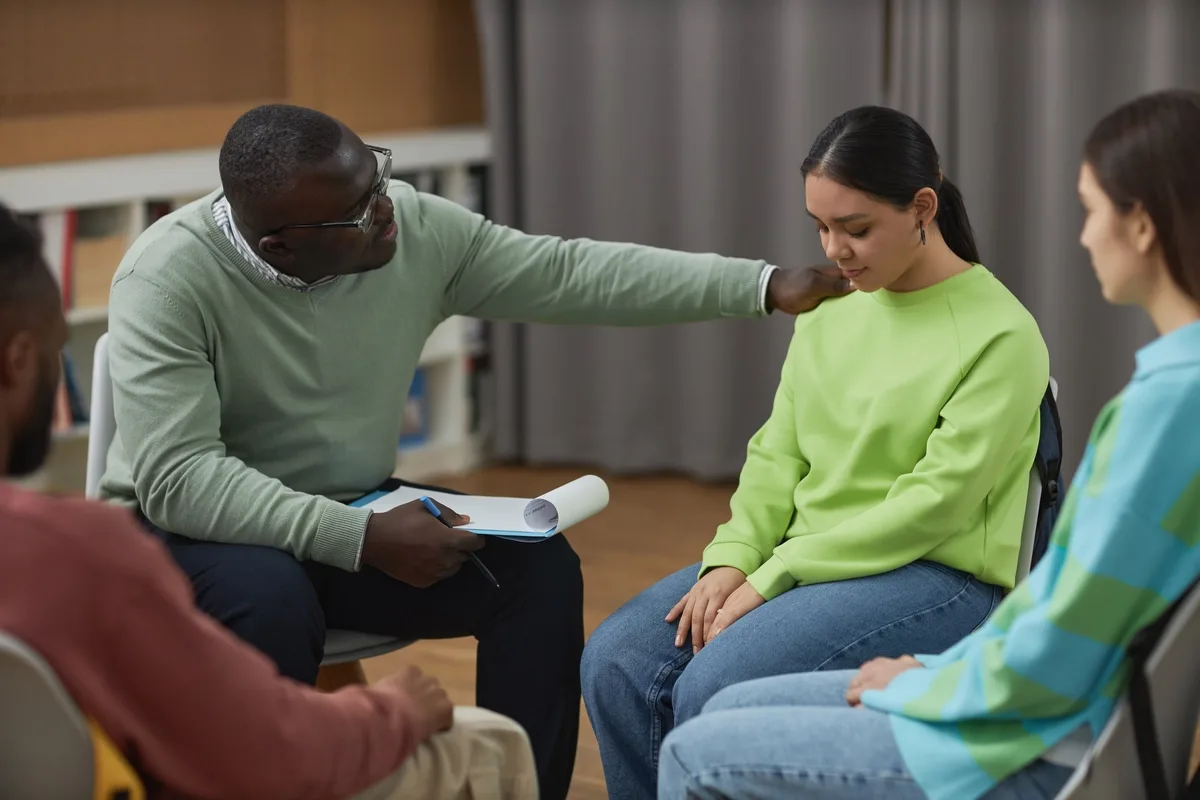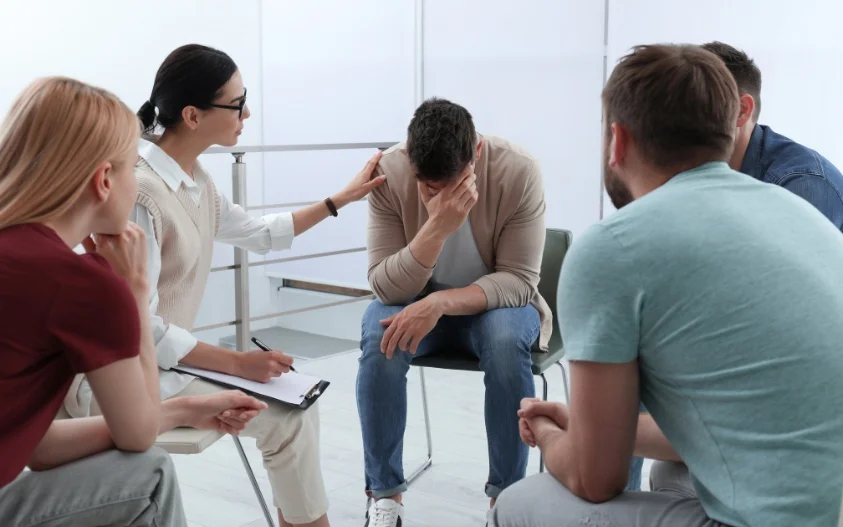24/7 Helpline:
(866) 899-111424/7 Helpline:
(866) 899-1114
Located just north of Atlanta, Roswell, Georgia is a vibrant city characterized by its picturesque landscapes and rich historical backdrop. With a population of over 94,000 residents, Roswell stands as a prominent suburban area in Fulton County County. While the city boasts a charming atmosphere and close-knit community, it is grappling with a significant challenge that affects many of its residents: drug and alcohol addiction.
The epidemic of drug and alcohol addiction in Roswell, Georgia has reached alarming levels, impacting families and individuals alike. The rise of opioid misuse and the prevalence of alcohol dependency have forced many to seek help and support. Rehab centers in Roswell, Georgia play an essential role in not just providing treatment but also fostering a culture of recovery, hope, and healing. These facilities offer evidence-based therapies and community support that are critical for overcoming addiction, helping individuals reclaim their lives.
Historically, Roswell was established in the early 19th century and has played a significant role in the development of the Georgia region. Rich in history, with numerous historic homes and sites, Roswell represents a blend of tradition and progress. However, in the modern era, combating addiction has emerged as one of the foremost issues impacting not just the city, but the nation at large. The need for accessible and effective addiction treatment options is crucial for ensuring that those affected can find the necessary resources for recovery.
With a focus on tailored treatment plans and holistic approaches,
centers in Roswell, Georgia stand as beacons of hope for individuals battling addiction. They provide a safe, supportive environment where individuals can address their struggles and begin their journey toward long-term recovery. It's imperative for the community to recognize and support the availability of these centers, as they are vital in promoting healing and well-being for many local residents. Learn more about rehab centers inOther Insurance Options

Ambetter

MVP Healthcare

Regence

BlueCross

Multiplan

Aetna

BlueShield

Anthem

UnitedHealth Group

Sutter

Health Partners

Molina Healthcare

MHNNet Behavioral Health

Evernorth

Optum

AllWell

Cigna

CareSource

Oxford

Health Net

SweetApple Health Group
SweetApple Health Group is a private rehab located in Roswell, Georgia. SweetApple Health Group spec...

Foundations Atlanta at Roswell
Foundations Atlanta offers comprehensive and compassionate outpatient in flexible daytime and evenin...

Total Home Detox
Total Home Detox is a concierge service offering medical detox in the comfort of the patients home.

La Casa Community Behavioral Health
La Casa Community Behavioral Health is a private rehab located in Roswell, New Mexico. La Casa Commu...

New Mexico Rehabilitation Center
New Mexico Rehabilitation Center is a public rehab located in Roswell, New Mexico. New Mexico Rehabi...

Recovery Services of Southern New Mexico
Recovery Services of Southern New Mexico is a private rehab located in Roswell, New Mexico. Recovery...

Behavioral Medicine Associates
Behavioral Medicine Associates is a private outpatient mental health group located in Roswell, NM. B...











Centered Recovery Programs
Centered Recovery Programs is a private rehab located in Roswell, Georgia. Centered Recovery Program...

Georgia Recovery Centers
Georgia Recovery Centers is a private rehab located in Roswell, Georgia. Georgia Recovery Centers sp...

North Fulton Treatment Center
North Fulton Treatment Center is a private rehab located in Roswell, GA. North Fulton Treatment Cent...

Family Recovery Counseling Center
Family Recovery Counseling Center is a private rehab located in Roswell, Georgia. Family Recovery Co...

Northwest Behavioral Medicine
Northwest Behavioral Medicine is a private rehab located in Roswell, Georgia. Northwest Behavioral M...

Solutions Outpatient Program
Solutions Outpatient Program is a private rehab located in Roswell, Georgia. Solutions Outpatient Pr...

Dry Harbor Club
Dry Harbor Club is a private rehab located in Roswell, New Mexico. Dry Harbor Club specializes in th...

Serenity Club
Serenity Club is a non-profit rehab located in Roswell, New Mexico. Serenity Club specializes in the...

Alianza of New Mexico
Alianza of New Mexico is a non-profit rehab located in Roswell, New Mexico. Alianza of New Mexico sp...

Rescare
Rescare is a private rehab located in Roswell, New Mexico. Rescare specializes in the treatment of a...






